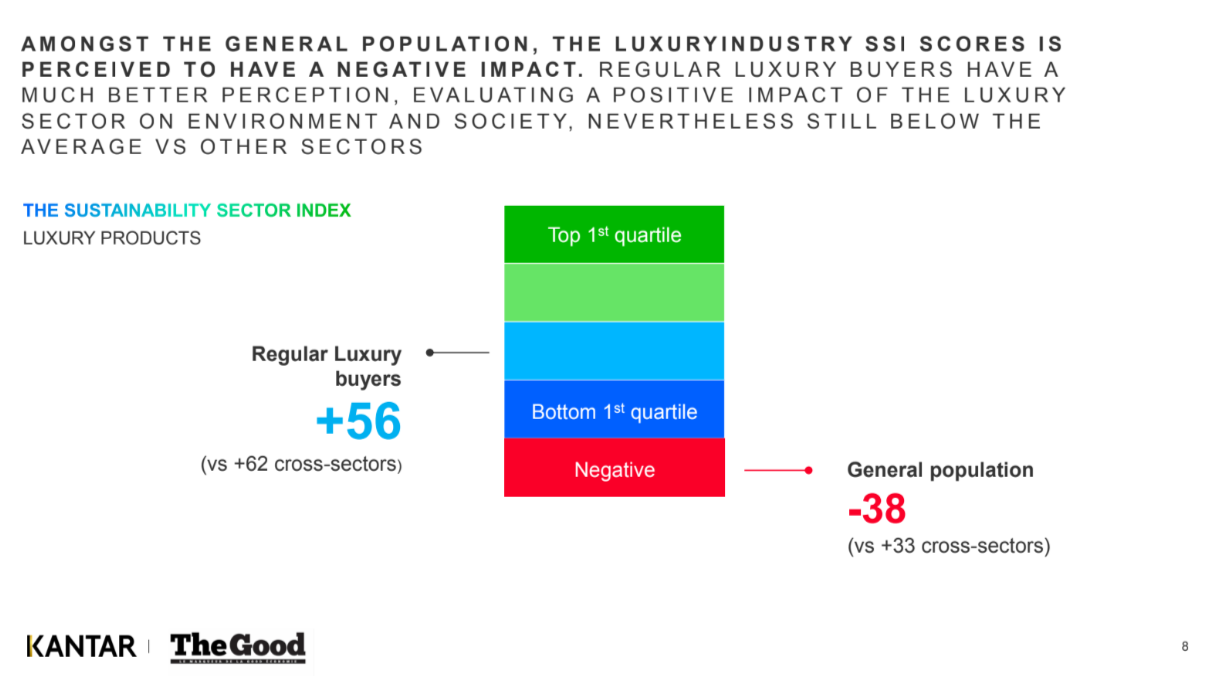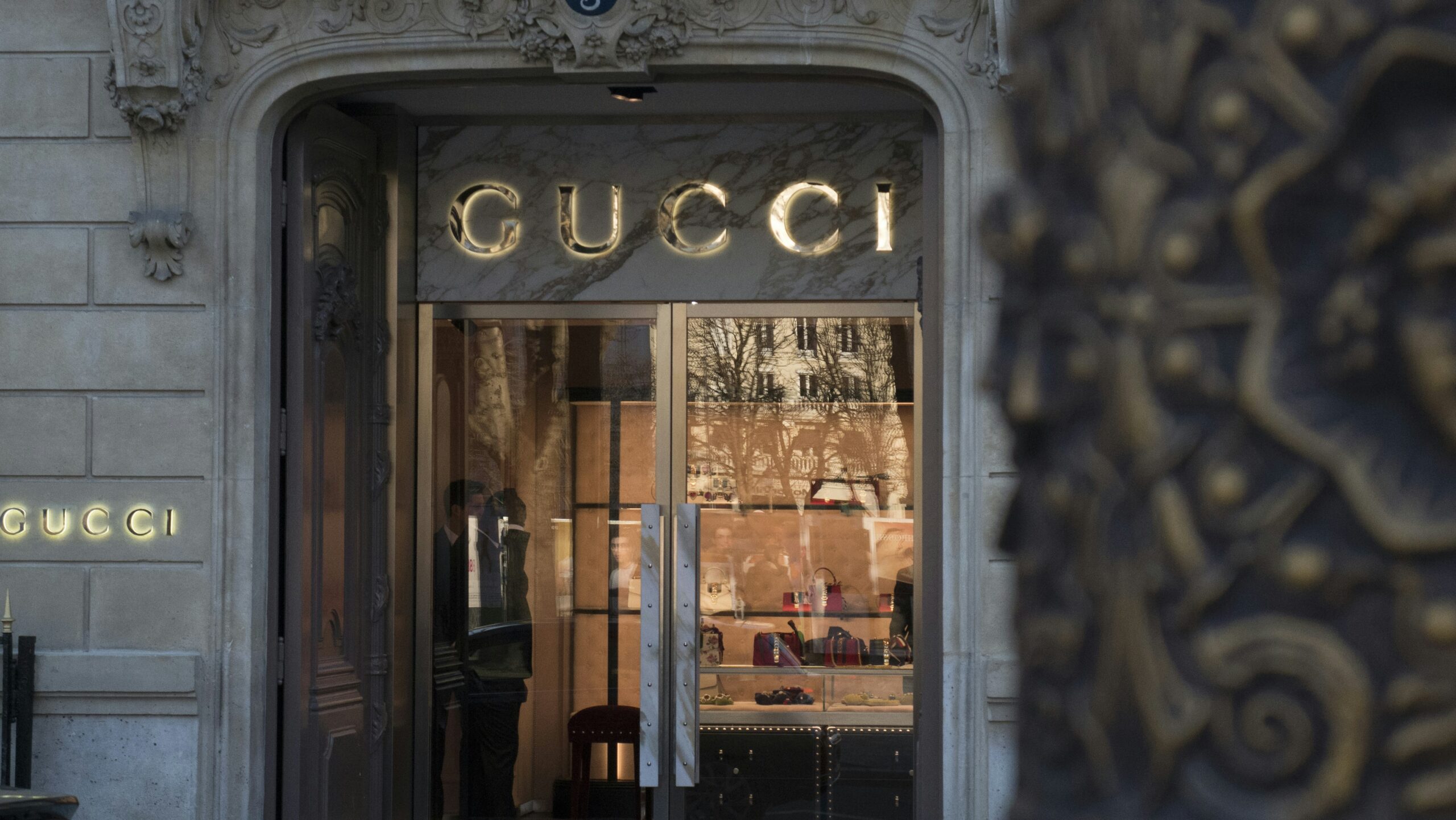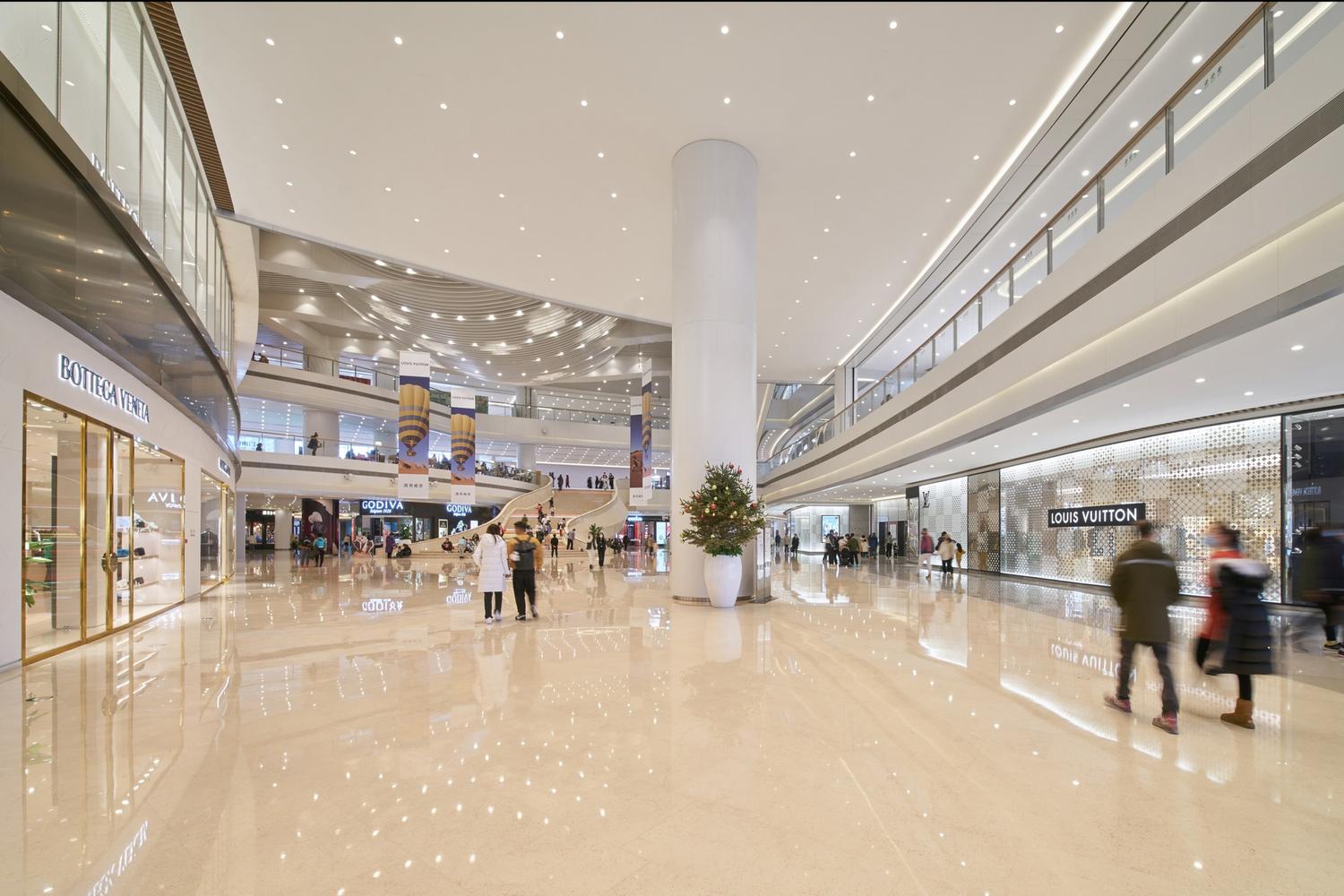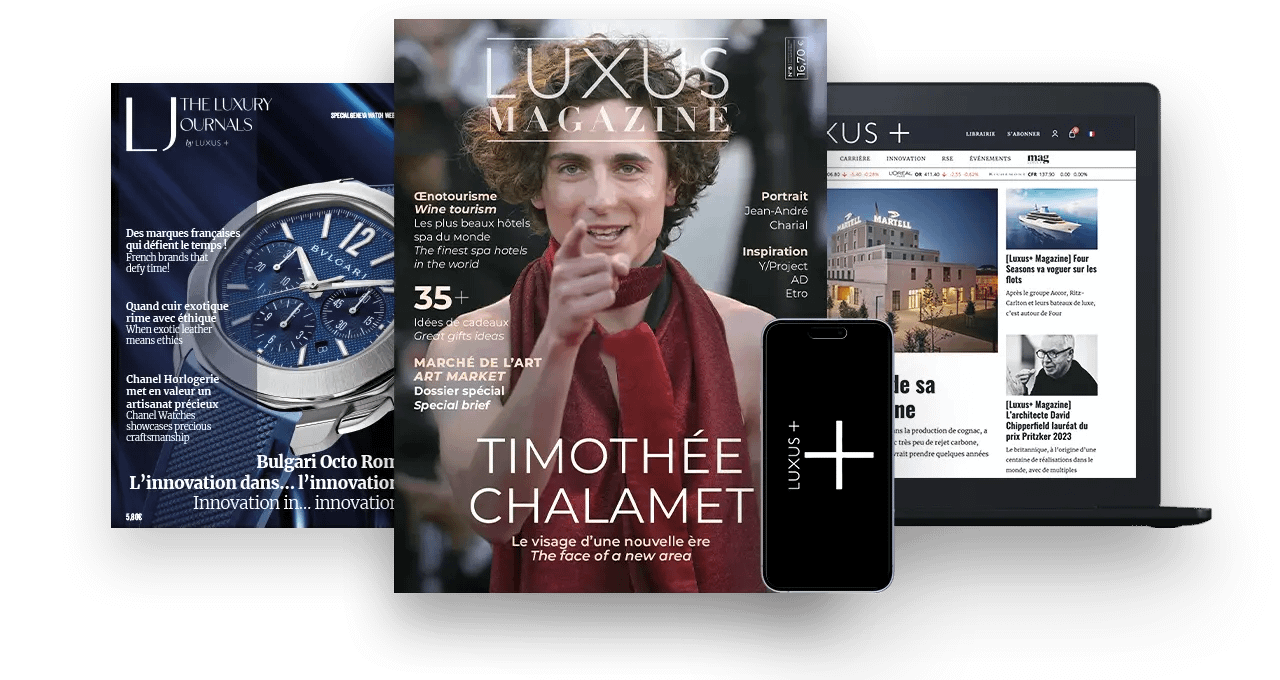While 30% of luxury consumers say that the green initiatives taken by brands are a decisive criterion in their purchasing decisions, the sustainability of top-of-the-range boutiques seems to remain on the fringes of green concerns. A discussion with Françoise Hernaez, Director of Luxury Consulting at Kantar Insights and Nicolas Rebet, Founder of Retailoscope.

There’s no denying it. In the face of environmental and societal challenges, the quest for sustainability has become an integral part of consumer behaviour. According to the Kantar Sustainability Report Index CSR study carried out last July on a panel of 35,000 people from all walks of life, 69% of those questioned feel the effects of climate change in their lifetime and only 25% believe they live in a fair and inclusive society.
While the majority of consumers are aware of the importance of preserving the planet and are sensitive to the need to respect employees, luxury goods are not exactly winning praise in this area. The general public still sees the industry as a source of social inequality, poverty and over-consumption. This is a rather negative perception of the sector, despite the nobility of the premium brands, which are still very much appreciated by all customers.

Luxury customers want to change things and take the guilt out of pleasure shopping
This dichotomy differs from the perception of luxury consumers, who represent 2% of the survey panel. According to Françoise Hernaez, Director of Luxury Consulting at Kantar Insights, these consumers are more positive about CSR in the top-of-the-range segment and have a more “pragmatic” view of the situation. Customers cite more concrete luxury-related issues, such as over-packaging, deforestation and air pollution. “Luxury consumers are ready to make a difference and want us to make it easier for them to make more sustainable purchases”, Françoise Hernaez continues.
According to another Kantar x Google report published in July 2023, 30% of consumers of luxury products say that the impact or contribution to society of brands, i.e. virtuous CSR initiatives, are a decisive criterion in their purchasing decisions. This is particularly true of 18-27 year-olds, who account for 47% of this group of CSR-sensitive consumers, compared with 19% of baby-boomers.
“The regular luxury consumer is looking for a way to take the guilt out of this pleasurable consumption and would like it to be balanced with sustainability,” says the Director of Luxury Consulting at Kantar Insights.
Sustainable strategy: when brands focus on boutiques
Largely encouraged by consumers’ sustainable expectations, brands are constantly communicating on a massive scale about the sustainability of their products. Sourcing, eco-responsible materials, recycling… If collections are becoming increasingly green, what about points of sale?
Carrying out environmentally-friendly actions in shops has “become compulsory for brands, whether they like it or not”, says Nicolas Rebet, Founder of luxury and beauty retail consultancy Retailoscope.

A forerunner in the sustainability of luxury goods, Gucci has been implementing a structured policy in its shops for many years. Since 2009, the Italian fashion house has obtained LEED (Leadership in Energy and Environmental Design) certification, which guarantees compliance with standards for creating healthy, efficient and economical ecological buildings. LED lighting, the use of renewable energies, a recycling programme and a BMS monitoring system to analyse consumption are just some of the initiatives that Gucci has put in place and continues to develop and optimise.
Other noteworthy initiatives have been carried out by the Houses recently. As Nicolas Rebet points out, Saint Laurent has incorporated the decor from one of Hedi Slimane’s fashion shows into its flagship store on the Champs-Elysées, while Louis Vuitton is giving a second life to its window displays, such as its Lego storefronts, by donating them to schools, associations or theatres. Other examples include LVMH’s green partnership with Hang Lung Properties, the developer and owner of shopping centres in China, to reduce the energy consumption of its shops, and the façade of the Tiffany & Co. showcase at Singapore’s Changi airport, designed using recycled marine waste.

The road to eco-responsible retailing is still a long one
Read also > CUSTOMER ENGAGEMENT IN LUXURY RETAIL IN THE AGE OF SUSTAINABILITY: ROUND TABLE REPORT
Featured photo : ©MVRDV







































